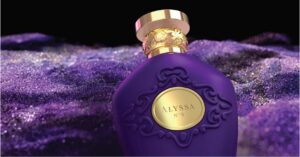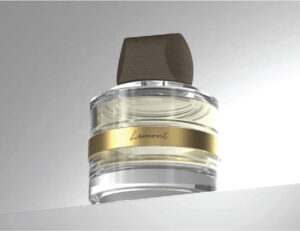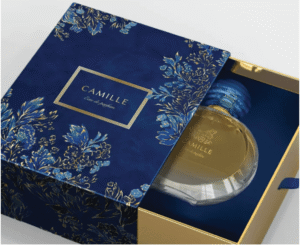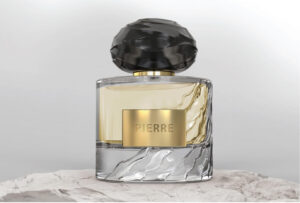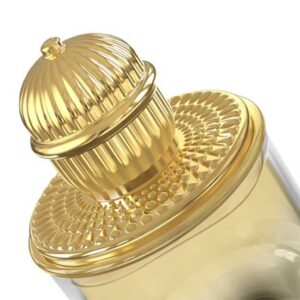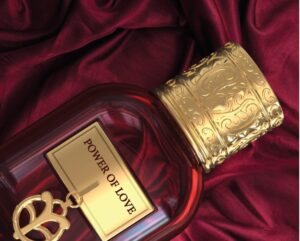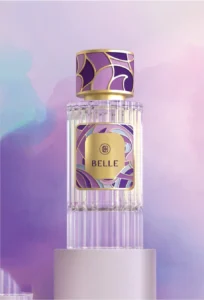There’s a moment, right before you step into a gathering in Riyadh, Jeddah, or even a quiet desert majlis, when the air tells you everything. Before a word is spoken, before eyes meet, a scent announces your presence. That’s the power of perfume in Saudi Arabia. And let me tell you: it’s not just fragrance. It’s identity. It’s heritage. It’s reverence.
As someone who has lived, breathed, and worn luxury scents throughout the Gulf, I can say without a doubt: Saudi Arabia perfumes hold a universe of tradition, artistry, and emotion. And if you’re building a perfume brand or curating a scent profile for this audience, this isn’t just a market. It’s a mindset.
So let me walk you through what I’ve learned, not as an outsider looking in, but as someone who has fallen deeply in love with the Saudi fragrance culture.
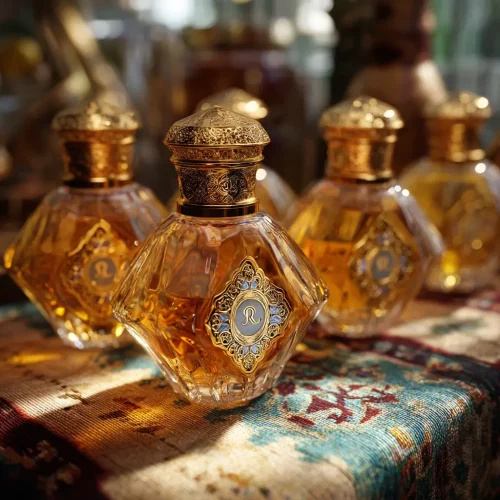
Saudi Arabia Perfumes: A Personal Scent Standard
In Saudi Arabia, fragrance is not a last-minute accessory, it’s a ritual. A personal signature. Many Saudis will wear different scents for morning prayers, afternoon work meetings, and evening events. It’s a layered story that evolves with the day.
That’s why luxury consumers here are rarely drawn to mass-market blends. They crave distinction. Depth. Roots.
To stand out in this market, your scent must not only be beautiful. It must be intimate.
Arabic Attar Oils: Liquid Heritage
Let’s start with the foundation: Arabic attar oils. These are pure, alcohol-free perfume oils that often carry rich, woody, and musky profiles. Attars are deeply embedded in Arabic perfume traditions, handed down for generations.
Some of the most revered oils include:
- Dehn Al Oud – the crown jewel. Derived from agarwood, it’s earthy, smoky, and enveloping.
- Musk Tahara – soft, clean, and often worn for personal purity.
- Amber – sweet, resinous, and grounding.
What makes attars so cherished? Their longevity. Their ability to blend with the skin’s natural scent. And their symbolism. Wearing an attar is more than smelling good,it’s carrying history on your pulse points.
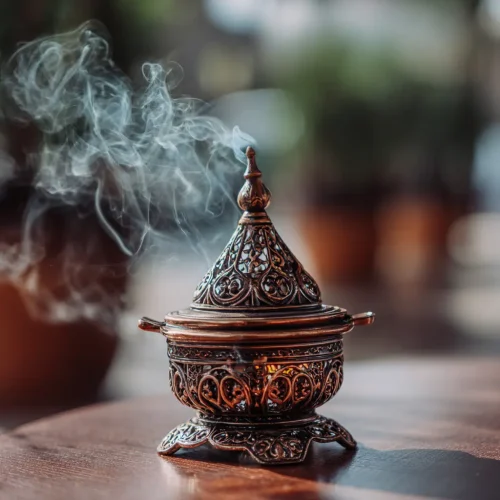
The Power of Layering (And Why It Matters to Your Brand)
Here’s something many Western perfumers don’t understand: Saudis love to layer. A typical Saudi fragrance routine might look like this:
- Start with a skin-level attar oil.
- Follow with a spritz of an intense extrait de parfum.
- Finish by passing through bakhoor smoke, a ritual of burning scented wood chips.
This is not “extra.” This is standard. So if you’re crafting a collection for this market, you must consider how your fragrances interact with Arabic perfume traditions.
Ask yourself:
- Does my scent profile complement woody oud or clash with it?
- Can this fragrance be layered without overpowering?
- Does it leave a trail,or vanish in five minutes?
Here’s something many Western perfumers don’t understand: Saudis love to layer. A typical Saudi fragrance routine might look like this:
- Start with a skin-level attar oil.
- Follow with a spritz of an intense extrait de parfum.
- Finish by passing through bakhoor smoke, a ritual of burning scented wood chips.
This is not “extra.” This is standard. So if you’re crafting a collection for this market, you must consider how your fragrances interact with Arabic perfume traditions.
Ask yourself:
- Does my scent profile complement woody oud or clash with it?
- Can this fragrance be layered without overpowering?
- Does it leave a trail,or vanish in five minutes?
The Allure of the BakhoorGender? Not a Factor.
Speaking of bakhoor: if you’ve never experienced it, imagine this. A room filled with curling trails of oud smoke. Cushions absorbing the scent. Garments perfumed as you walk through the cloud. It’s sensual. Sacred. Almost theatrical.
Bakhoor is not a product. It’s a performance. Brands that understand this can offer not just perfume, but a full sensory ritual.
Some premium houses now offer matching sets: perfume oils, sprays, bakhoor, and scented hair mists. If you’re thinking of entering the Saudi Arabia perfumes market, this holistic approach is not optional. It’s expected.
Another unique (and exciting) aspect of Saudi fragrance culture is the fluidity of scent. While the Western world often draws hard lines between “masculine” and “feminine” fragrances, Saudis choose based on mood and power, not packaging.
Oud, musk, amber, rose, these are unisex. A woman may wear a bold, spicy oud to a dinner. A man may wear a delicate rose-musk blend to Friday prayers. Scent speaks louder than labels.
For premium brands, this is a golden opportunity to step outside gendered marketing and tap into a consumer base that values expression over convention.
Popular Types of Saudi Arabia Perfumes
Let’s break down the types of Arabian perfumes you’ll find in Saudi Arabia:
- Mukhalat: A blend of oils, often custom mixed. Rich, luxurious, and endlessly layered.
- Dehn al Oud: Pure oud oil, highly concentrated and rare. A symbol of prestige.
- Extrait de Parfum: The Western-style spray, often inspired by French perfumery but with an Arabic twist, denser, deeper, more intense.
- Scented Mists: For hair, abayas, or bedding. A light touch that still lingers.
Incorporating these formats into your brand offering shows that you not only understand the culture,but you respect it.
What Drives Preference?
So what actually drives perfume preference in Saudi Arabia?
It’s not just about scent notes. It’s about:
- Memory: Scents that remind users of home, prayer, childhood, or a loved one.
- Presence: Perfumes that leave a trail and make people turn around.
- Luxury: The bottle, the weight, the ceremony of application, it all matters.
Premium isn’t just about price. It’s about experience.
Designing Saudi Arabia Perfumes for Today’s Consumer
As a perfume brand, here’s how to authentically speak to this audience:
- Use rich raw materials: Real oud, natural rose, saffron, ambergris. No shortcuts.
- Tell a story: Every perfume should have a purpose and a narrative that ties into culture.
- Offer variety: Attars, sprays, bakhoor, mists. Think beyond the bottle.
- Presentation matters: Engraved bottles, velvet boxes, gold caps, details speak volumes.
When I create for this market, I start with reverence. Then, I add layers of elegance, memory, and story. That’s how you build trust. That’s how you sell luxury.
It’s More Than Perfume: The Legacy of Saudi Arabia Scents
If you take away anything from this, let it be this: in Saudi Arabia, perfume isn’t fragrance. It’s culture. It’s spiritual. It’s social. It’s art.
To connect with the Saudi consumer is to understand their scent language. To learn what they’ve worn since childhood. What their mothers wore. What they’ll pass down to daughters and sons.
As someone who has lived through those stories, bottled those memories, and crafted for this market, I can tell you this: the opportunity is real. But it demands authenticity.
So, if you’re building a luxury fragrance brand, and Saudi Arabia is in your sights, don’t walk in as a seller. Walk in as a storyteller. A student. A listener.
Because in this world, scent isn’t a product. It’s a legacy.
About us: Anisha International DWC specializes in custom perfume development, packaging, and branding that blends heritage with high-end craftsmanship. Whether you’re launching a niche scent or scaling a luxury collection, we bring deep cultural insight and expert execution to every detail. Read more about Middle Eastern Perfumery in our complete guide.
Contact us today to craft a fragrance that speaks the language of Saudi luxury.

